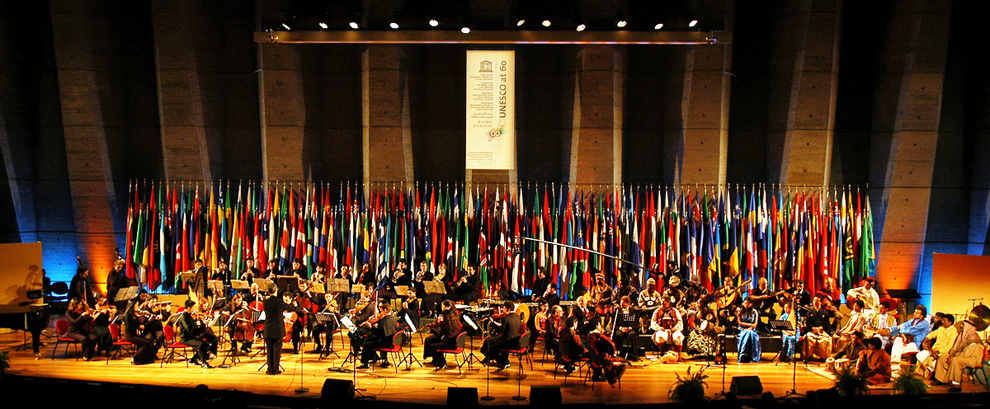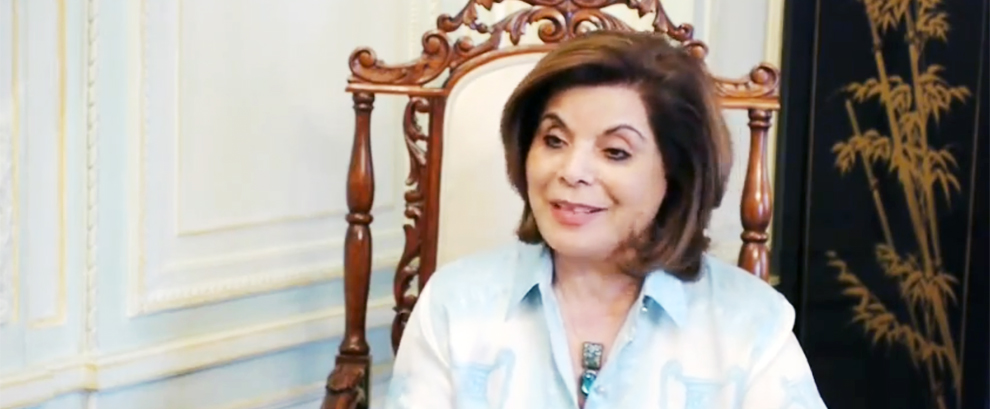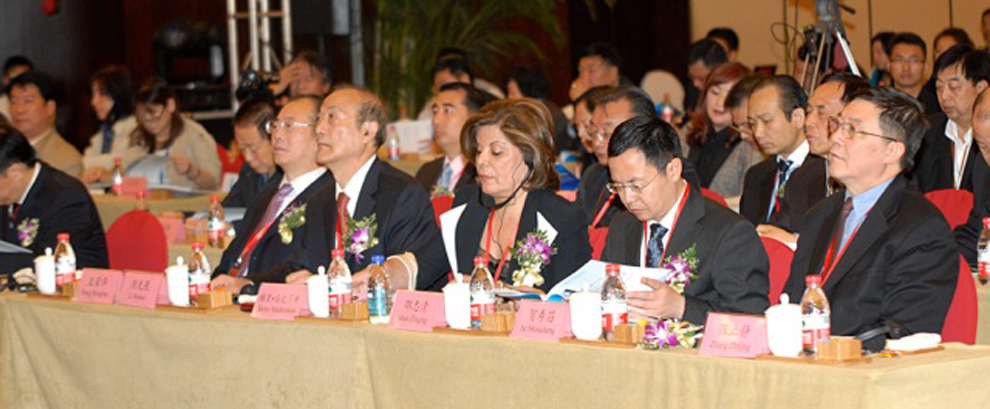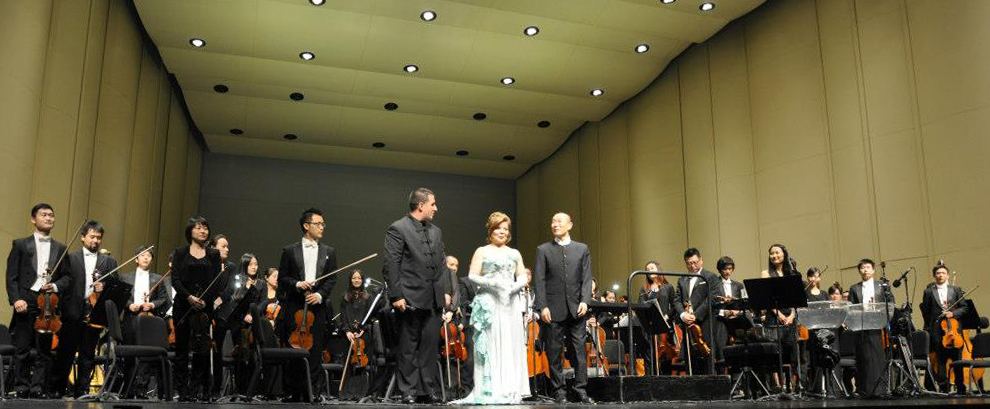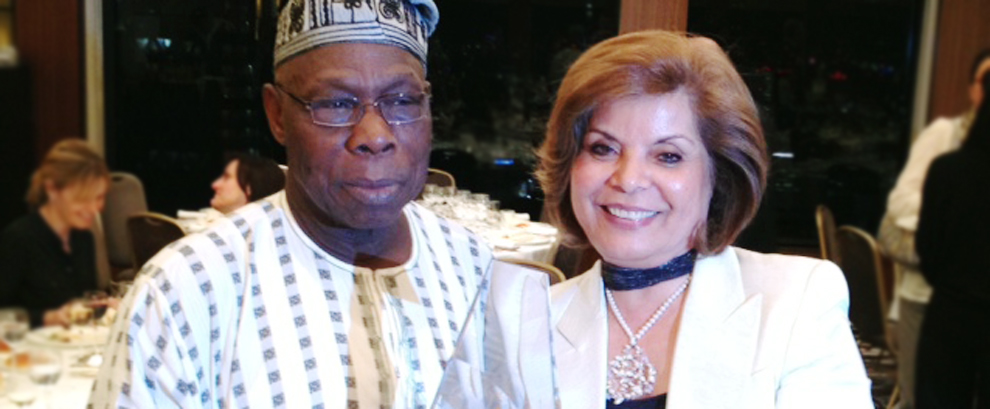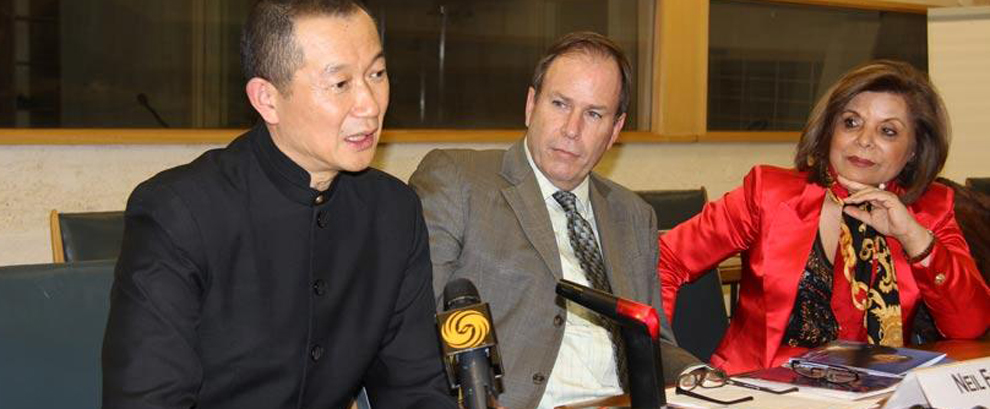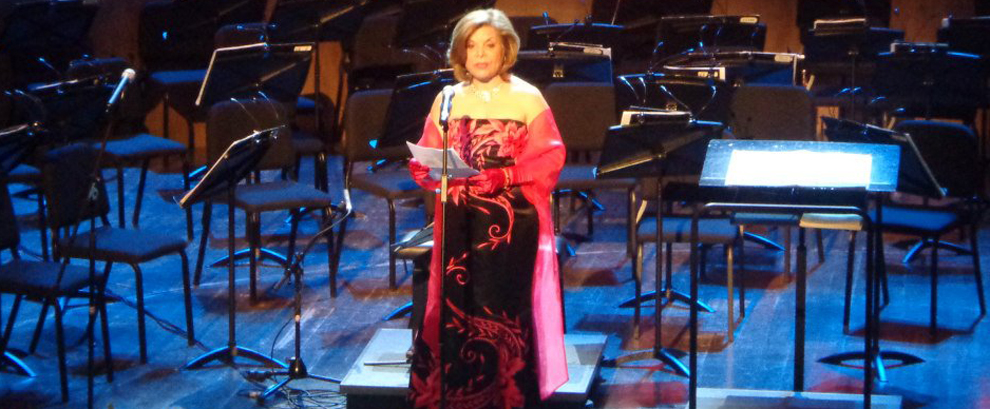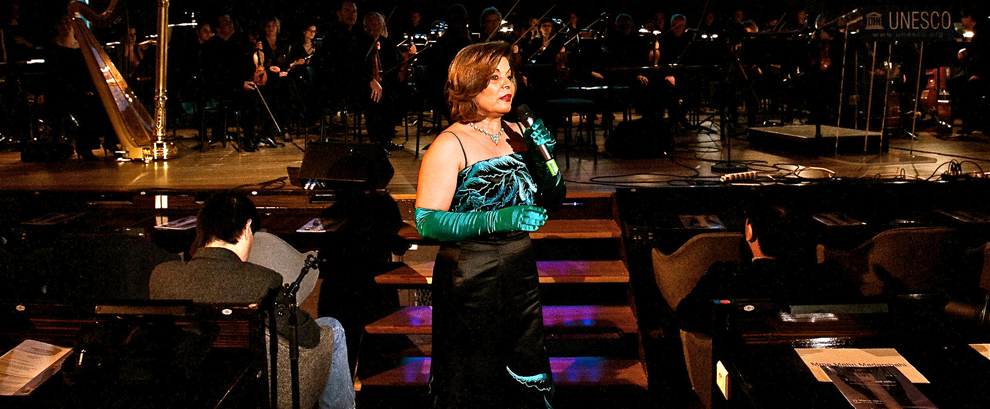MaximsNews Network
By Mehri Madarshahi
This year some 120 foreign delegations and over 1,000 Russian and foreign business representatives were in attendance. More importantly, the Forum marked the first major international event following the assumption of the presidency by Dimitry Medvedev. The Forum concentrated on trade, global financial markets, the food stock, climate change, global energy trends and investment. In his opening speech, President Medvedev, a softly spoken former professor and lawyer, seemed keen to distinguish himself from his predecessor Vladimir Putin. His speech signaled a surprise return to the old pugnacious US–Russian relationship when he blamed the US as the world culprit in the present global economic crisis, calling US “economic egotism” as the main cause of present global financial crisis He had taken a similarly tough line during his first visit to Western Europe, namely Germany, on international security warning Nato that further expansion into eastern Europe would be “very damaging” to Moocow’s relations with the west and he declared “while there would not be confrontation, but the price would be high”.
At the Forum, he reiterated his earlier call for a new security pact, which would replace the present “exhausted Atlanticism” with something more relevant to the needs of our time. Notwithstanding this tough talk on the foreign front, on domestic policy he took a more liberal approach by underlining the need for freedom of the press, greater independence for non-governmental groups, adherence to the rule of law, greater independence of the courts, respect for property rights and ridding Russia from rampant corruption which he considers essential for a continued successful economic transformation.
In the past few years, Russia has consistently ranked among the world’s most corrupt countries in international surveys. Courts and law enforcement agencies have earned a reputation for ineffectiveness and are seen to be influenced by the “haves” which affects not only Russians but also foreigners who own or operate businesses in the country. Medevev has yet to earn his spurs vis-à-vis the oligarchs. He has made a number of speeches on the need to fight corruption and improve the rule of law. One of his first initiatives was to establish a special council to combat corruption taking direct responsibility for its day-to-day operations. His subsequent concrete steps towards backing the rule of law are potentially groundbreaking. As evidenced by statement of the First Deputy Prime Minister, Igor Shuvalov, to an investors conference in Moscow (May 2008) and reiterated by Dimitry Afanasiev (a law partner in Moscow who spoke at the Forum), that “higher stands of corporate governance at both state-owned and private companies will be vital as the country embarks on a trillion dollar investment program to develop infrastructure and diversify the economy”. Deputy Prime Minister Alexander Zhukov told the same gathering that state-controlled corporations should lead by example in terms of disclosure and transparency.
In the private sector too, there seems to be a new flurry of activities. Lukoil has unveiled new reserves and United Energy System is breaking apart. It is as if Medvedev’s inauguration opened up new possibilities to resolve the lingering problems and unresolved issues that had been building for much of the last two years. The modern Russia realizes the importance of diversification and regionally based engaged economy for a continued economic progress. With Putin’s support, President Medvedev wants to make sure that the state remains the ultimate arbiter in conflict resolution. It was a Putin rule that “foreign investment is welcome as long as it stays under the State guidance”. This is despite the fact that the continued re-emergence of Russia as a great power requires economic growth and that growth depends on the investment needed to improve productivity. In part, the need for investment could be met by the economic boom of the past 10 years, accompanied by the rising oil prices, which generated record wealth in the country. Russia , which almost went bust ten years ago, now boasts a US$ 1.3 trillion economy. Its GDP per capita has grown to US$ 9.100 in 2007. Some forecasters believe that Russia may become Europe ’s second largest economy by early 2009. The key to Russia ’s turnaround rests on its macro-economic stability and on the revival of private sector and climbing oil prices. Capitalizing on its suddenly emerging fortune, the country has paid off all its foreign debt, established a stabilization fund and increased public sector pay while maintaining tight fiscal discipline.
Yet, despite the oil boom, Russia is in need of foreign investment and assistance for modernizing its fatigued infrastructure from roads to airports, electricity to phone lines – and not least in the oil sector.
The Economic Development Ministry estimated that the poor state of Russia ’s roads alone leads to economic losses equivalent to 3 % of GDP each year. According to Renaissance Capital, today as much as 70 per cent of all roads, railroads, ports and airports are “outdated”, close to 40% of the country’s landing fields have no paved runways, 52 per cent lack landing lights, and nearly 3 million of population live in areas with no access to any kind of roads. In 2006Russia spent 1 % of its GDP on roads improvements in comparison with Italy ’s 4.8% and Britain ’s 4%. On the other hand, Russians added an astronomical number of cars to the roads. As Russia ’s wealth trickles down to an ever-larger portion of the population, demand for imports is set to grow exponentially and experts have begun to wonder how those goods will actually enter the country. In 2007, the number of cars per 1000 persons stood at 185 in comparison with 15 per 1000 in China . These were the underlying reasons for Prime Minister Putin to approve a massive spending package (US$ 570 billion) to revamp the transportation infrastructure across the country. “If we don’t develop infrastructure, we won’t have future’ he said. Yet experts warn that a host of problems ranging from, labor shortages to chronic corruption that breed uncertainty as to where the funds will actually end up, remain to be tackled.
How good was President Putin for Russia?
Most Russians think he was good for the country and his approval rate over the past three to four years, has consistently been over 70%. The economy made enormous progress during his Presidency. The speed of development particularly in the energy sector gave rise to optimism, pride and enthusiasm among the Russian citizens across Russia . Putin had taken over a Russia , which was masquerading as a democracy with a market economy without the necessary preconditions or supporting institutions. The necessary upheaval of “perestroika” period, the loss of the Soviet Empire and the vanishing superpower status were followed by a period of unregulated “grab what you can” capitalism with little investment for the future. This period culminated in the financial crisis of August 1998, followed by a general economic slump and political stagnation. The impressive statistics of the last 7 years, however, are showing that Russia is on the rise again. In 2007, GDP growth was close to 8 % annually. The foreign currency reserves stands at US$476 billion (comparing with US$12 billion in 2000) ranking third highest in the world. The Stabilization Fund, set up at the beginning of 2004, amounts now to 157 billion and is ready to be tapped for investment in the country’s priority social capital projects such as education, health care, renewal of the housing stock and agriculture. Interestingly enough, the subprime problems engulfing the economies of the West, has favored Russia by offering an opportunity to develop an effective internal capital market using its considerable macro liquidity levels. On political front, as well, Putin was of the opinion that with a more constructive strategic cooperation with both European and the American partners, Russia ’s stand in the world could be improved. The signing of the Sochi declaration with President Bush in April and keeping a continuous dialogue with the West were, therefore, interpreted as important steps in that direction.
Putin as President was interested in concrete actions. He believed in the free market as a good model for advancing the human condition and society. These traditions are expected to continue and even strengthen under the presidency of Medvedev who is facing the formidable challenges of maintaining the momentum of the last 8 years and to control the looming inflation.
Russia’s high academic tradition, its cultural life, its huge natural resources, its energy technologies and its strategic and political power, have a lot to offer to the rest of the world. An engaged Russia as part of a multipolar world, could greatly facilitate international cooperation and give rise to a changed world. With incentives from its Western partners there is no reason to fear –as projected in some recent confrontational campaign posture- a lapse into cold war policies and rhetoric. To the contrary – engagement with the new Russia should be in the interest of a stable and predictable international system, an incentive that Russiacannot refuse!


